https://philaholisticclinic.com/natural-treatment-for-anxiety/
Treatment for anxiety
Treatment for anxiety is always a challenge due to the polymorphism of this medical condition. The two main approaches to treatment for anxiety disorders are psychotherapy and medication. You can get the most out of the combination of the two. It can take trial and error to determine which treatment for anxiety is best for you.
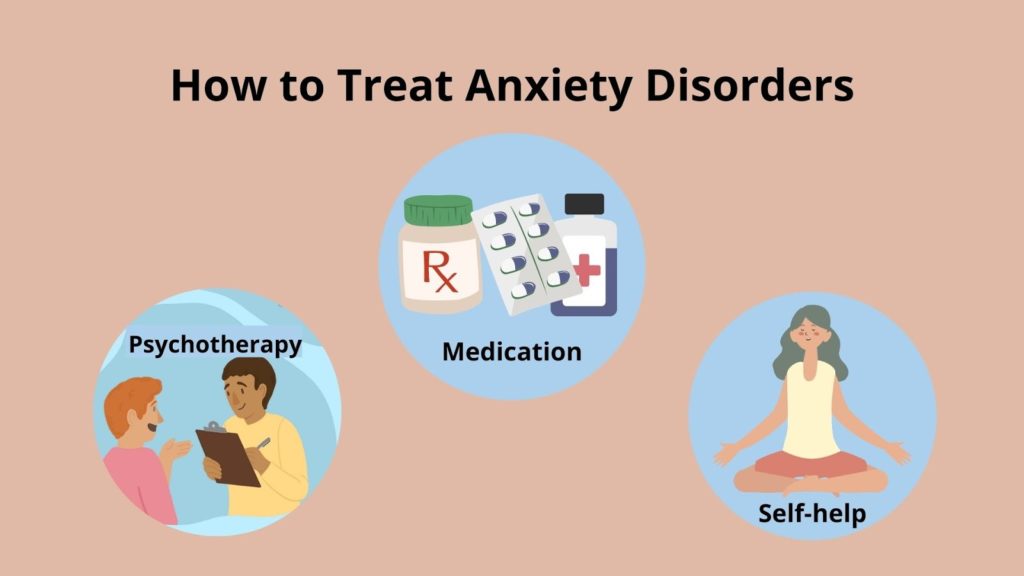
Psychotherapy treatment for anxiety disorders.
- Psychotherapy, also called talking therapy or psychological counseling.
- Psychotherapy involves working with a therapist to reduce the symptoms of anxiety.
- Psychotherapy can be an effective form of treatment for anxiety.
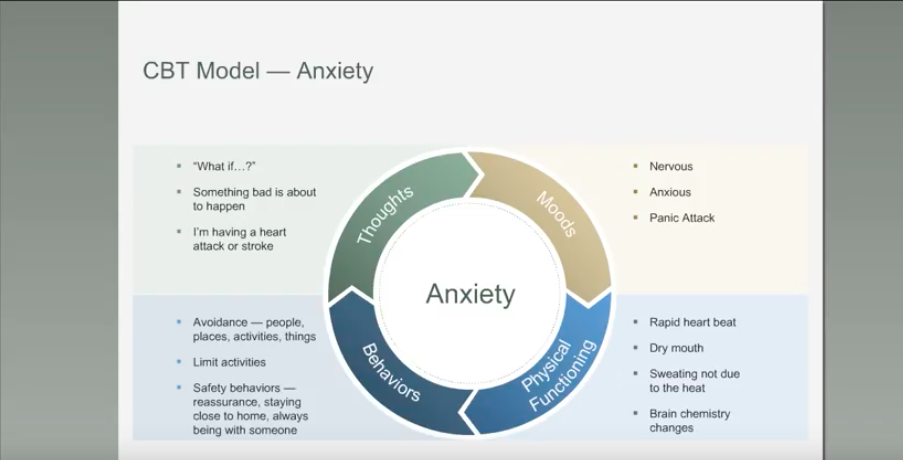
Cognitive-behavioral therapy (CBT) is one of the techniques used by psychotherapists. If done by a well-trained professional CBT is one of the most effective forms of psychotherapy for anxiety disorders. Usually, this is a short-term treatment, CBT is designed to teach you specific skills to relieve symptoms and gradually return to activities you were avoiding due to anxiety.
CBT involves exposure therapy where you gradually encounter an object or situation that triggers your anxiety so that you are confident in your ability to deal with the anxiety situation and symptoms.
Medications for anxiety disorders.
Several categories of pharmaceutical drugs are used to relieve symptoms of anxiety, depending on the type of anxiety disorder you have and whether you also have other physical or mental health problems.
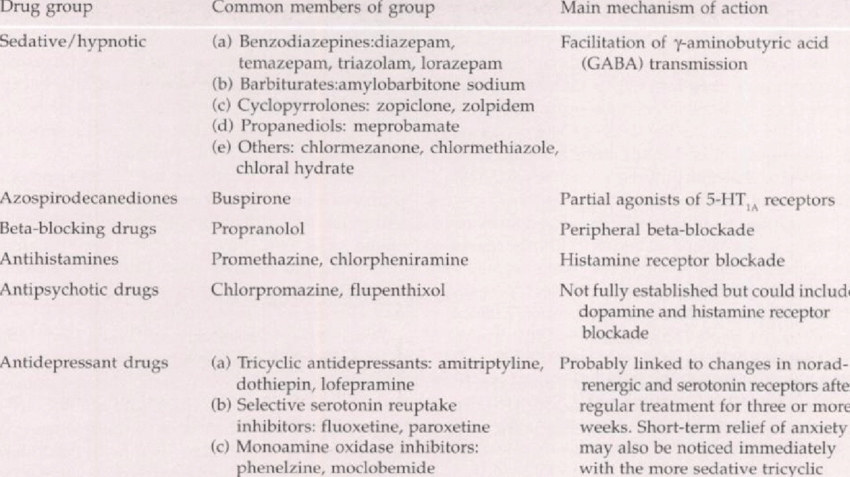
For instance:
- Some medicines from the group of antidepressants are also used for the treatment of anxiety disorders.
- Buspirone (an anti-anxiety medicine) – is another pharmaceutical drug that is commonly prescribed by physicians.
- In some situations, your clinician may recommend other categories of medicines, such as benzodiazepines from the group of tranquilizers, or some beta-blockers. These drugs are intended for short-term relief of anxiety symptoms and not for long-term use.
What is Anxiety
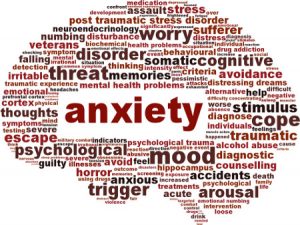
Anxiety is your body’s natural reaction to stress. When you have anxiety, you feel apprehensive or fearful of what’s to come. Going for your job interview, preparing for an exam, or the first day of school can lead to a sensation of nervousness or fear.
If you have an anxiety disorder, the feeling of fear can be with you all the time. It can be debilitating and intense. It can prevent you from doing even routine tasks. In severe cases, the anxiety will take over your whole life and drastically deteriorate your living conditions. Anxiety disorder has a tendency to get worse over time.
Types of anxiety disorders
- Generalized Anxiety Disorder
Generalized anxiety disorder, also known as GAD, is a form of anxiety that manifested chronic nervousness, apprehension, and exaggerated tension, even when there is little or nothing to cause it.
Obsessive-compulsive disorder, or OCD, is a type of anxious condition characterized by repeated and undesirable emotional feelings (obsessions) and/or recurrent performances (compulsions). Repetitive actions, such as washing hands or taking a shower, calculating, inspecting, or cleaning, are often carried out in the hope of avoiding obsessive thoughts or making them disappear. Performing these so-called “rites,” however, delivers only brief relief, and not performing them greatly upsurges apprehension.
- Panic Syndrome
Panic disorder usually named a panic attack is a form of anxiety disorder that manifests with symptoms such as:
unpredicted and recurrent occurrences of strong fear, that develops along with physical symptoms such as chest pain,
- the feeling of a heart-racing or of brief episodes of arrhythmia,
- the feeling of lack of air,
- faintness,
- stomach distress.
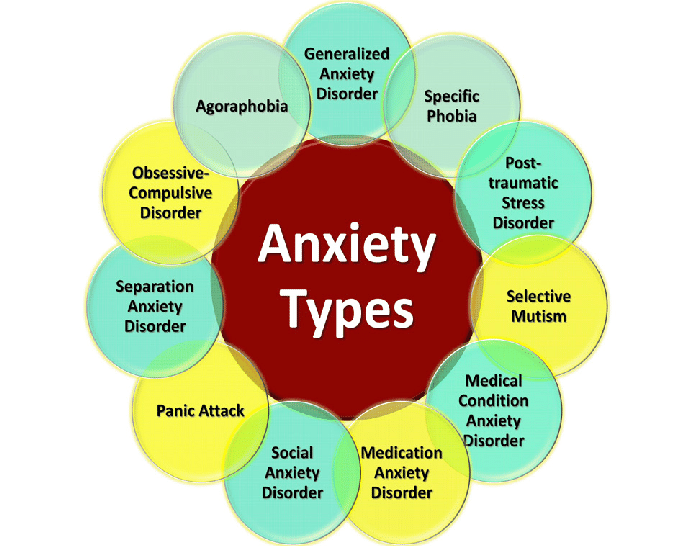
- Post-traumatic stress disorder (PTSD)
Post-Traumatic Stress Disorder, aka PTSD, is a type of medical condition that can develop after being experiencing or being exposed to a terrifying event or ordeal in which serious physical harm has occurred or was threatened. Severe traumatic incidents that can lead to the development of PTSD include
- forceful personal aggression,
- weather-related disasters such as earthquakes, fires, volcano eruptions, flooding, etc.
- Human disasters such as the death of a family member or friend, life-threatening disease, pandemic situations
- Wars, accidents, or military combat.
- Social Phobia (Social Anxiety)
Social Phobia, or Social Anxiety, is another form of anxiety that causes overwhelming nervousness and disproportionally extreme self-awareness in ordinary social circumstances. Social phobia can be associated with just one sort of circumstance – such as
- fear of talking in official or even casual situations, or
- fear of consumption of food eating or drinks in front of other people
- fear of being unwelcome by other people, etc.
or, in its most severe form, it can be so broad that a person has symptoms almost whenever they are around other people.
What Causes anxiety attacks?
If you ask what triggers anxiety the answer can’t be simple. The exact trigger of anxiety has still not been discovered. But researchers believe that the trigger of anxiety is a combination of various factors including environmental and genetic and even brain chemistry, and it’s not limited to a single issue. Additionally, researchers believe that the part of your brain which is responsible for controlling fear can be affected.
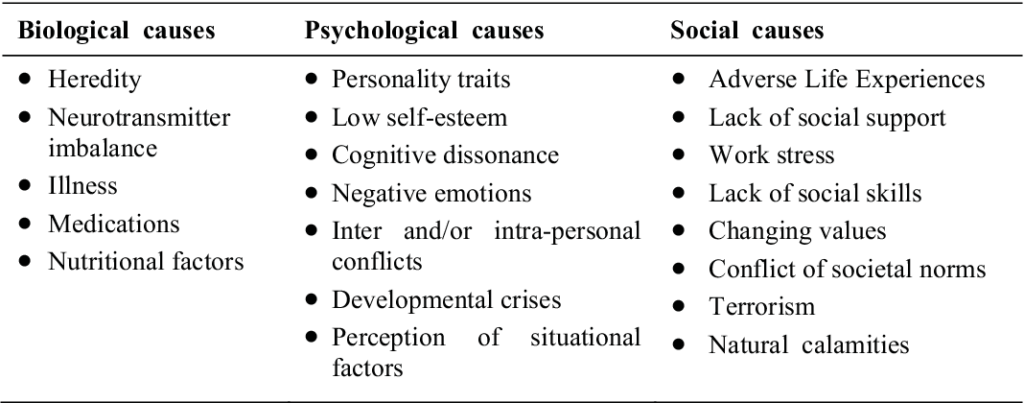
For some people, anxiety may be related to a serious health problem. In some clinical cases, the first symptoms of anxiety are the first indicators of other more complex emotional, psychological or physical illnesses. If your doctor suspects that your concern may have a medical cause, he or she may order tests to look for signs of a problem.
The following are examples of medical conditions that can manifest themselves in some form of anxiety:
- Heart disease
- Diabetes
- Thyroid problems, such as hyperthyroidism
- Respiratory illnesses such as COPD or asthma
- Substance abuse or withdrawal
- Withdrawal from alcohol, anti-anxiety medications, sedative medicines, or narcotics
- Chronic stomach pain or discomfort as a result of IBS
- Rare forms of brain tumors that overproduce some certain fight-or-flight hormones
What are the symptoms of anxiety?
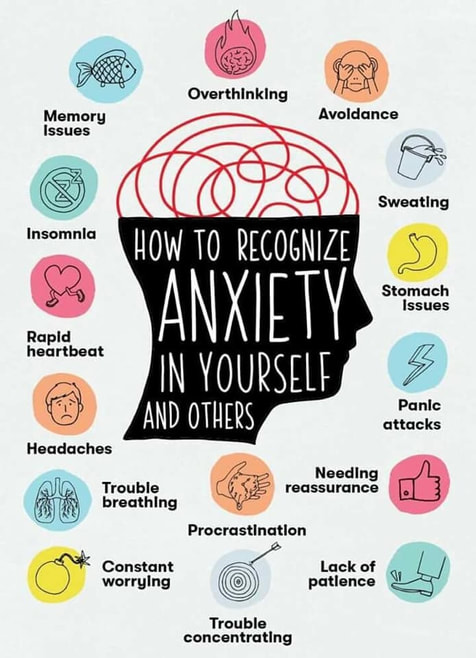
Anxiety symptoms differ from person to person and vary in intensity. Generally, symptoms of anxiety may include the following:
- Insomnia
- Issues with concentration
- Restlessness
- Rapid breathing
- Increased heart rate
Natural treatment for anxiety
Natural treatment for anxiety often appears more productive and effective than the use of traditional anti-depressants and other pharmaceutical drugs. An estimated 4% of the world population suffers from an anxiety disorder. In the United States, it’s the most common mental illness, and as the world becomes complex and demanding, the number of people with an anxiety disorder is increasing even more. A new generation of people is resorting to natural treatment for anxiety in place of traditional methods.
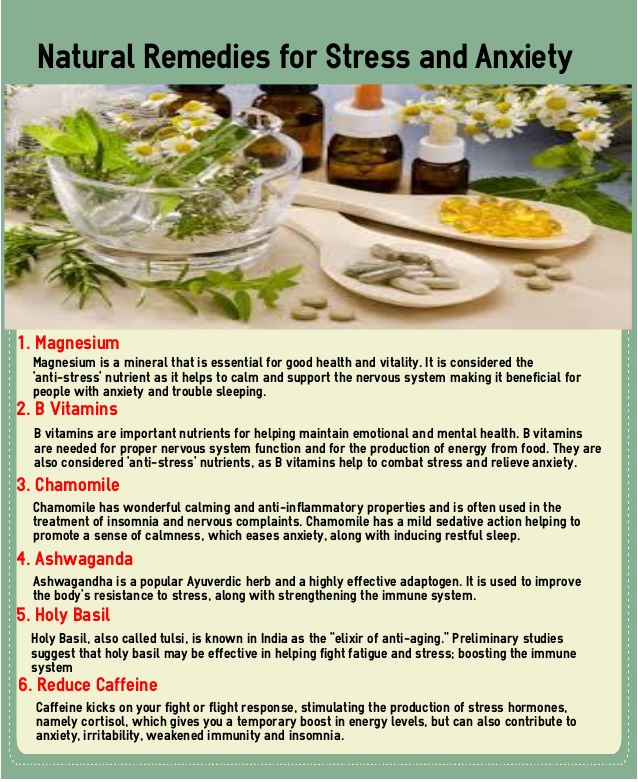
Thanks to its safety as well as effectiveness, holistic treatment for anxiety has garnered an enormous following. They are not just safe but can provide results similar to conventional medications without the dangers of adverse effects. Additionally, they are also significantly cheaper. If you’re looking for an alternative approach for your anxiety disorder, you might want to consider a more holistic and natural treatment of anxiety.
Natural remedies for anxiety – an effective and safe approach to the treatment of anxiety disorders.
Other than traditional methods and prescription drugs, natural and Home remedies for anxiety can prove to be very beneficial. If you’re looking for a more holistic and natural treatment for anxiety, there are various options available that can offer you relief, and yes, natural remedies for anxiety and are highly effective, safe, and affordable.
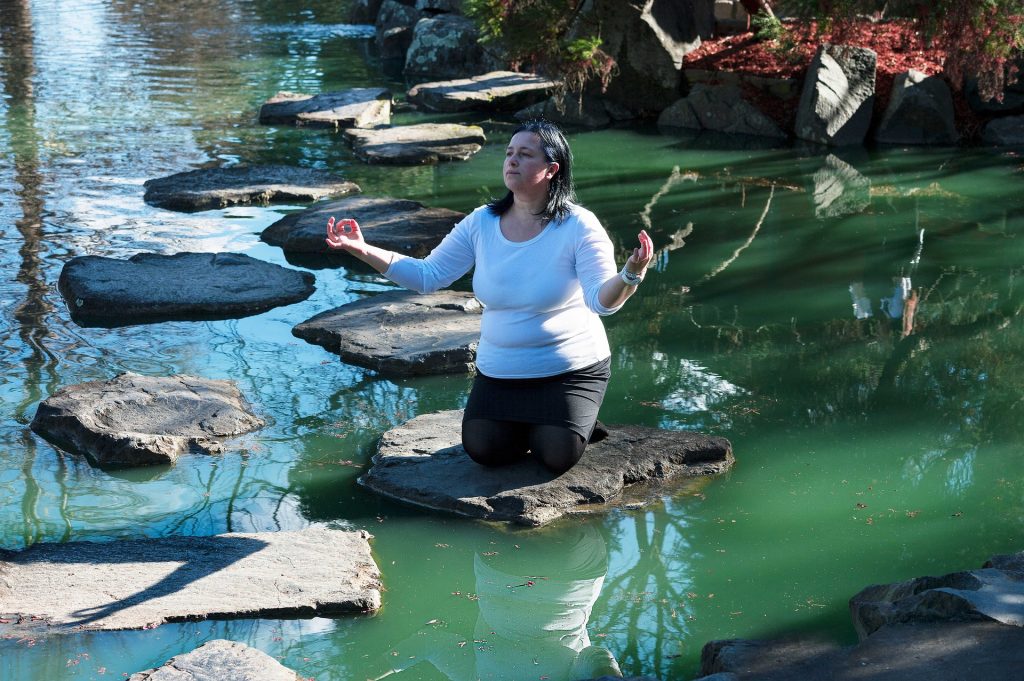
Protein-Rich Diet – must be considered along with any home remedy for anxiety
If you’re planning on combating anxiety, it’s not just about remedies or treatments, but making certain lifestyle changes can also be beneficial, including a healthy diet. If your glucose levels experience a drop, it can feel very similar to anxiety. You should never skip your meals, and it’s recommended to incorporate a protein-rich breakfast as part of your Natural treatment for anxiety plan. Snacking on food items such as walnuts, hazelnuts, almonds, and eating leafy greens, fish, and beans can be very helpful as well.
Daily Exercise – another important and essential part of any treatment of anxiety
Daily exercise is a very simple and effective way of reducing your anxiety symptoms. Not only can it treat your current condition, but it can even prevent future anxiety attacks. It can be very advantageous for your mental, emotional, and physical well-being. Studies show that not only can it enhance your overall well-being, but just a single intense exercise session can minimize anxiety symptoms for hours. Resistance and aerobic exercises can both be beneficial for reducing anxiety symptoms. For an effective natural treatment for anxiety, exercise should be a part of your daily routine.
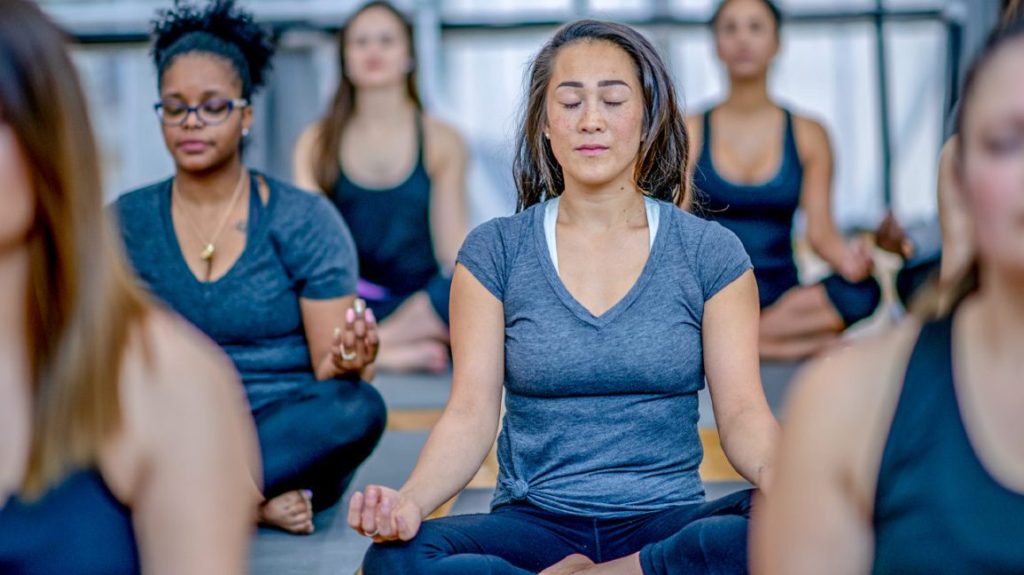
Herbal Remedies for anxiety – effective and popular natural treatment for anxiety
There are various herbal remedies that can offer relief from anxiety. In particular, the herb Rhodiola Rosea can aid in reducing anxiety symptoms such as fatigue and stress. If you have anxiety with insomnia, passionflower can be an excellent remedy. It has calming properties that can help you fall asleep faster. Another popular herbal treatment for anxiety is chamomile. If you want to try this natural remedy, you can sip a cup of chamomile to ease your symptoms. It doesn’t eradicate anxiety but can have various benefits. Research shows that chamomile can help mitigate moderate to severe anxiety symptoms.
Herbal treatment offers various natural remedies for anxiety. You might have to experiment with a few before finding one that suits your symptoms.
Homeopathy – #1 medicinal natural treatment for anxiety
If you want a holistic and natural treatment for anxiety, homeopathy is an excellent option. There is no single remedy, and homeopathic medicines are customized according to every individual case. Before prescribing medications, an extensive evaluation is carried out about the patient’s previous and current medical conditions. This makes it possible to get to the root of the problem and find meaningful and long-term solutions. After that, homeopathic remedies for anxiety are personalized to target the patient’s specific symptoms. Some popular homeopathic remedies for anxiety include aconite, silica, Pulsatilla, phosphorus, Ignatia, Arsenicum album, and Argentum Nitricum.

There are no known side effects, and homeopathy can offer long-term relief from anxiety. Additionally, they are much more affordable in comparison to conventional treatment and prescription drugs.
Acupuncture – ancient Chinese natural treatment for anxiety
Anxiety is another excellent natural treatment for anxiety. This ancient Chinese technique has been particularly praised for its effectiveness in dealing with stress and anxiety. By placing very fine needles in specific points of your body, acupuncture can help mitigate anxiety symptoms. Particularly for patients that haven’t seen satisfactory results from traditional treatments and prescription drugs, acupuncture can be very beneficial.
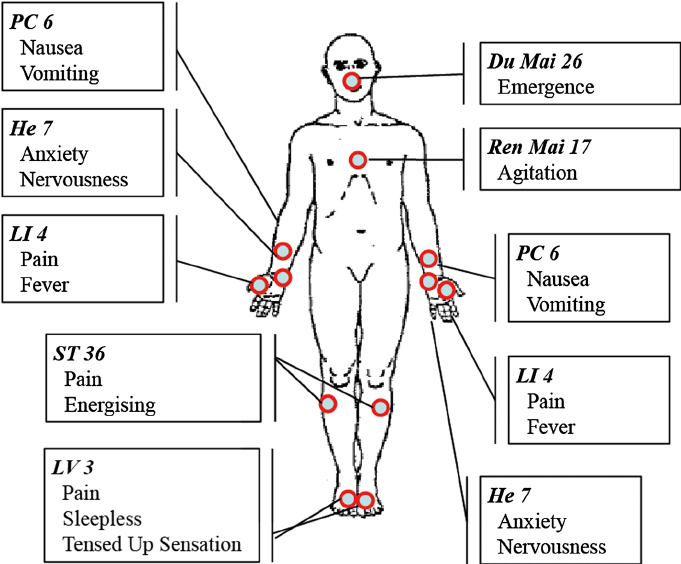
Its also generally safe and has no or minimal side effects. Adverse effects predominantly occur when the practitioner is ill-prepared. Contrary to popular belief, acupuncture is also not painful if done by a well-trained acupuncturist. However, it has to be kept in mind that results are not instant and will take multiple sessions before significant changes are noticed. Generally, 12-week sessions are recommended.
Clinical Hypnosis – definitely the best approach to the natural treatment for anxiety
Clinical hypnosis, aka hypnotherapy or hypnotic suggestion therapy, is a trance-like state of mind while a patient has amplified attention and concentration. Clinical hypnosis is typically performed by a trained medical doctor or therapist using vocal repetition and rational images. When you are under hypnosis, you generally feel calm and relaxed and are more open to suggestions.
Hypnosis for anxiety can be used to help you take control of unwanted behavior or to help you cope better with anxiety or pain. It is imperative to understand that while you are more open to suggestions, you do not drop control over your mind.
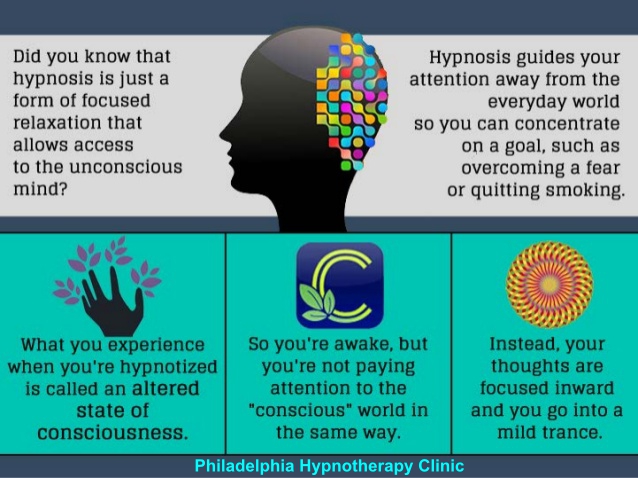
Hypnotherapy, or clinical hypnosis, is a treatment in which the therapist guides a person into a state of deep relaxation and highly focused awareness to effect change. It’s not the same as stage hypnosis, where an artist invites volunteers to be hypnotized in front of an audience. Although the mechanisms for achieving the trance state are similar, therapeutic hypnosis is aimed at achieving personal goals rather than putting on a spectacle.
Some common misconceptions about hypnosis for anxiety are:
- Hypnosis is sleep: the person under hypnosis is not asleep but is aware of what is happening throughout the process. They will be fully aware of what is happening internally and will be able to interact with their therapist when needed.
- Control and Consent: The therapist does not control the hypnotized person. For the process to be effective, the patient must agree to follow the gentle suggestions of the therapist.
- How Hypnosis Feels: Overall, most people experience pleasant mental and physical relaxation during hypnosis. However, not experiencing them does not necessarily mean that someone has not entered a trance state. Other discernible signs of a trance include focused awareness, vivid mental images, and the ability to clearly recall memories.
How can hypnotherapy for anxiety help someone?
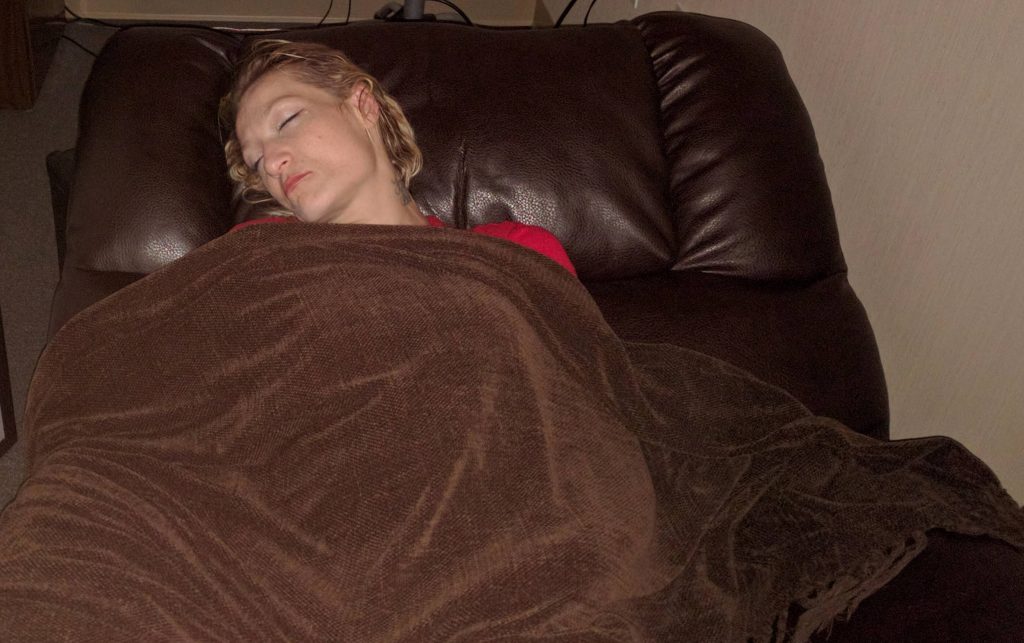
Most people experience some kind of anxiety from time to time. However, chronic anxiety disorders such as social phobia, agoraphobia, panic disorder, and specific phobias can seriously affect a person’s quality of life.
With an emphasis on physical and mental relaxation, hypnotherapy can be a very effective treatment for various forms of anxiety.
Hypnotherapeutic techniques used in working with patients that suffer from anxiety include:
Relaxation
In order to achieve sufficient relaxation and enter a hypnotic trance state, the therapist will guide the person through gradual attention to each part of the body. As a result of mindfulness, focused alertness, and comforting suggestions, an individual is able to recover from pressure, emotional strain, and anxiety. Once you are physically relaxed, it is easier to relax your mind. Thanks to this process, the symptoms of anxiety are often significantly reduced, allowing the initiation of any therapeutic work.
Right-Sizing
Oftentimes, anxiety is caused or exacerbated by obsessive and fearful thoughts about the future. This can take the form of catastrophizing, information filtering, and magnification. In a trance state, the therapist will guide the person through a process of resizing their fears and concerns to better reflect the reality of their situation.
Reframing
This technique relies on the use of imagination and guided imagery. In the dreamlike state of hypnosis, a person imagines himself experiencing the situations that trigger anxiety. They are then able to bring new resources, perspectives, and attitudes to these situations, enabling them to put healthier responses into practice. For example, a phobic person will be asked to fly on an airplane several times to imagine themselves taking a long flight with confidence and poise. This creates new habits and mental associations that can make it easier to fight phobia in waking life.
Hypnosis for anxiety can help you in three important ways.
- First, you become calmer and more relaxed by being hypnotized.
- Second, during hypnosis for anxiety sessions, the hypnotherapist may give you “prehypnotic” and “posthypnotic” suggestions to help you cope with anxiety-provoking situations. For example, you are concerned about the COVID-19 pandemic. Your therapist may say, “When you think about this pandemic, you feel more relaxed by taking a deep breath.” These words are ingrained in your subconscious mind, so when these disturbing thoughts arise, you’re able to better deal with them.
- Third, in some cases, hypnotherapists such as Dr. Tsan of Philadelphia Holistic Clinic harness the power of neuroplasticity by teaching pragmatic “brain hacking” techniques to begin rebuilding the brain to reduce anxiety.
Is hypnosis for anxiety effective?
The research says yes. Researchers also discovered that hypnosis for anxiety can be highly effective when associated with other natural healing modalities. Some wonderful auxiliary modalities are acupuncture and crystal bed therapy. and Ajna light therapy.
Some environmental and health conditions can make us nervous worried, and concerned. Perhaps, undertaking surgery or diagnostic procedure such as MRI, colonoscopy, biopsy, etc. can lead to emotional discomfort. In this sense, a systematic review of 2008 revealed that hypnosis was an effective treatment in reducing anxiety related to surgical procedures (revascularization surgery, cataract surgery, plastic surgery).
According to a 2018 study by Baylor University, hypnosis has also been successful in relieving anxiety in postmenopausal women with hot flashes.
Several studies have also explored the effectiveness of hypnosis in treating specific anxiety disorders. For example, according to a 2015 study, hypnosis helped obstetric patients to overcome their post-traumatic stress disorder (PTSD) before delivery. As a result, they had positive birth experiences.
In the meantime, in 2018, research recognized clinical hypnosis as effective healing conduct for generalized anxiety disorder aka GAD. When used in combination with mindfulness, it can help people with this disorder learn useful new strategies, worry less, and have more hope for the future.
More recently, a 2019 review of 15 studies concluded that the average participant who had undergone hypnosis reduced their anxiety by 84% more than those who had not.
So, if you are constantly worried and agitated, hypnosis may be a non-pharmacological and non-invasive but effective anxiety treatment to consider.
Be sure to do your homework when choosing a hypnotherapist to work with. Academic and clinical experience of the hypnotherapist as well as the ability of the hypnotist to rapport with patients is vital.
Conclusion
Everyone experiences anxiety and stress at some point in their life. Most of the time, conventional drugs are prescribed for treatment; however, they can often lead to adverse effects and complicate already existing problems. In most cases, natural remedies and alternative treatments should be enough to treat your anxiety disorder. They present a holistic and safer approach to treating anxiety. They are also significantly cheaper and can be combined with other alternative and natural treatments or even conventional methods for improving the chances of positive results.
Are you looking for the best place to take care of your medical conditions based on Natural treatment for anxiety contact Philadelphia Holistic Clinic (267) 284-4305 to schedule an appointment for alternative holistic evaluation and to discuss with Dr. Tsan your best treatment options? Ask Dr. Tsan if hypnosis is a good treatment choice for your case.
Comments
Post a Comment